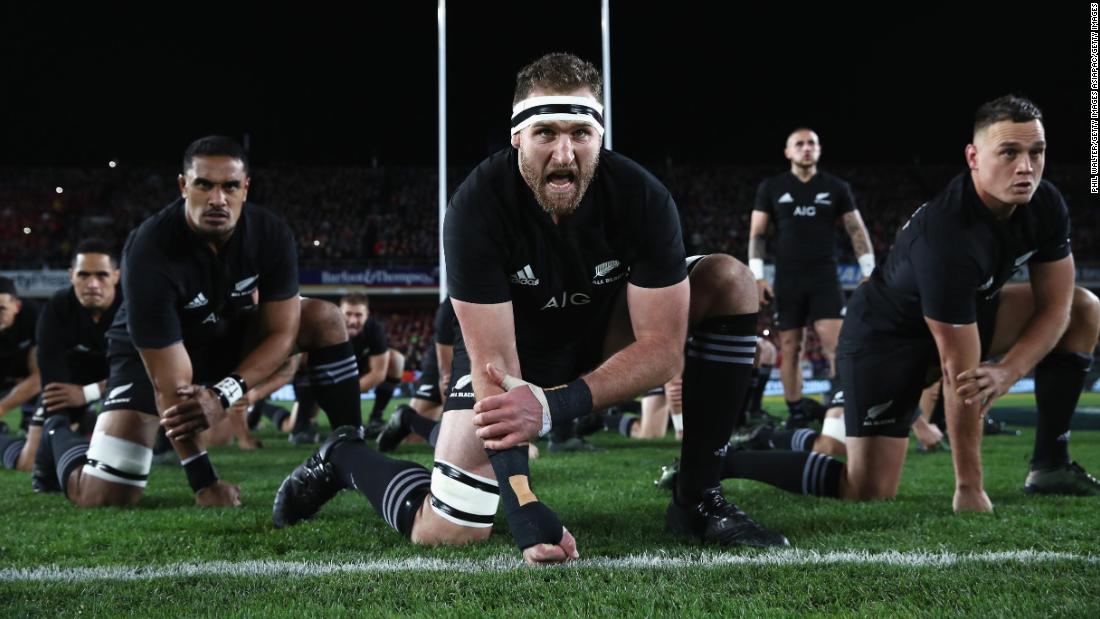
According to reports, a new 12-team competition beginning in 2020 has been proposed which would include New Zealand, Australia, South Africa, Argentina, France, England, Wales, Ireland, Scotland, Italy, USA and Japan.
Teams would play each other once a year with Japan and USA added alongside the southern hemisphere teams to the Rugby Championship. Semifinals and a final would be held in the northern hemisphere in November or December.
However, a number of leading players have voiced concerns about the impact of playing top-level Test matches that would also require large amounts of travel.
"Fans want to see meaningful games; they don't want to see fatigued players playing a reduced quality of rugby as part of a money-driven, weakened competition that doesn't work for the players or clubs," said New Zealand captain Kieran Read, a member of the International Rugby Players Council.
"With new technologies, new broadcast deals and new money coming into the sport, this is a crucial moment for rugby and one that many players are generally excited about. However, we have to make sure that the integrity of the game and welfare of the players is protected."
Read was supported by Ireland flyhalf Johnny Sexton, who was named World Rugby Player of the Year last year.
"To suggest that players can play five incredibly high-level Test matches in consecutive weeks in November is out of touch and shows little understanding of the physical strain this brings," said Sexton.
According to a report in the New Zealand Herald, a broadcast deal has been tabled that would see the countries involved in the so-called World League receive between $6.8 million and $9.5 million each season in TV rights.
Promotion and relegation would not feature, meaning the likes of Georgia, Fiji, Tonga, and Samoa would all be excluded despite Fiji being ranked ninth in the world and Georgia 12th. Japan is currently ranked 11th, the USA is 13th, while Italy is 15th.
The 12 teams reportedly included in the World League all agreed to the proposal.
Further concerns have been aired about the growing gap in finances and resources between established and emerging rugby nations, with the current proposal remaining in place for at least 10 years.
"We feel that that a 12-year deal is not workable, particularly when it presents no hope of advancement during that period," said Samoa captain Chris Vui.
"This will have the dangerous knock-on effect of luring senior players away from their countries and more towards the clubs, which is the exact opposite of what we're all trying to achieve."
Talks were initially held by World Rugby in September last year that sought to improve the "long-term quality and integrity of the international game."
While it is yet to comment specifically on the proposed league, the governing body issued a statement responding to criticism of what it called "ongoing wider stakeholder consultation.
"World Rugby's commitment to player welfare matters is unwavering and we will continue to engage and give full consideration to the welfare of players within the ongoing discussions," said a statement.
"Consumer research confirms a structured annual competition would make fans and new audiences more likely to watch, attend and engage with international rugby, exposing the sport to new fans worldwide.
"There is also no doubt that a structured annual international competition would deliver significantly greater long-term global media revenue for reinvestment in the global game. This project has at its heart long-term growth and stability, not short-term wins, and that includes greater opportunity for players."
No comments:
Post a Comment